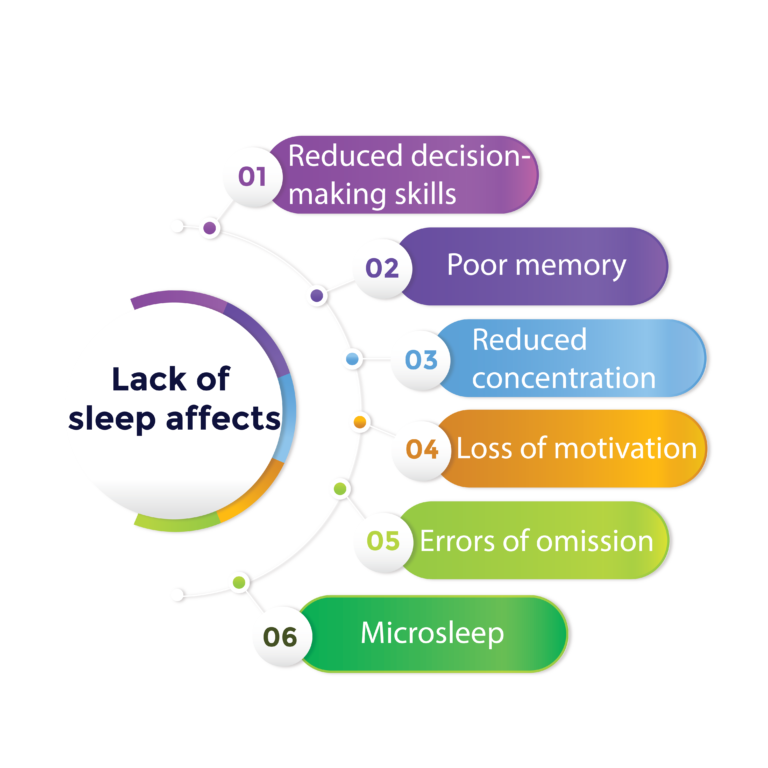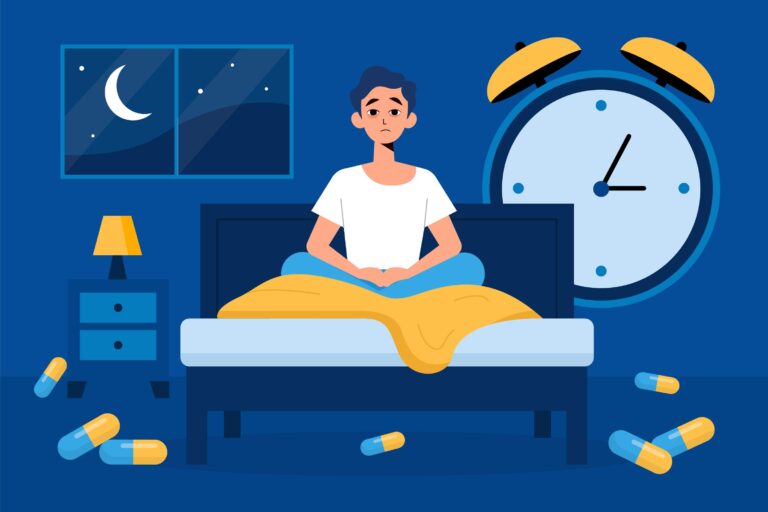SLEEP


Some people don’t realise that the body needs adequate sleep.
Illnesses such as colds and tonsillitis have a direct effect on sleep by fragmenting it.
People who work shifts frequently experience disruptions to their sleep and waking cycles.
Problems such as sleep apnoea, snoring and periodic limb movement disorder can disturb the person’s sleep.
Some drugs used to treat disorders such as epilepsy or ADHD can cause insomnia.
Caffeine or nicotine close to bedtime stimulates the nervous system and makes sleepless .
Sleep requirements differ from one person to the next depending on age, physical activity levels, general health and other individual factors.
Need between nine to ten hours. According to studies, even a half-hour more of sleep for your child each night can have a significant positive impact on their academic performance.
Also need between nine and ten hours. Teenagers need more sleep during this period when peer pressure and social obligations make it difficult to get enough sleep.
Depending on personal circumstances, you should allow eight hours. As we become older, our demand for sleep tends to decrease, but pay attention to how alert you feel; if you feel tired during the day, try to get more sleep.

Constant yawning
Grogginess when waking in the morning
Lack of focus and emotional swings
Temper tantrums
Daytime naps
Anxiety and depression
Sleep deprivation affects children in different ways to adults.

Get into bed early each night on purpose.
Don’t smoke or drink alcoholic or caffeinated beverages in the hours before bedtime.
Make use of relaxing techniques to hasten your sleep.
Keep electronics like a computer or TV out of the bedroom.